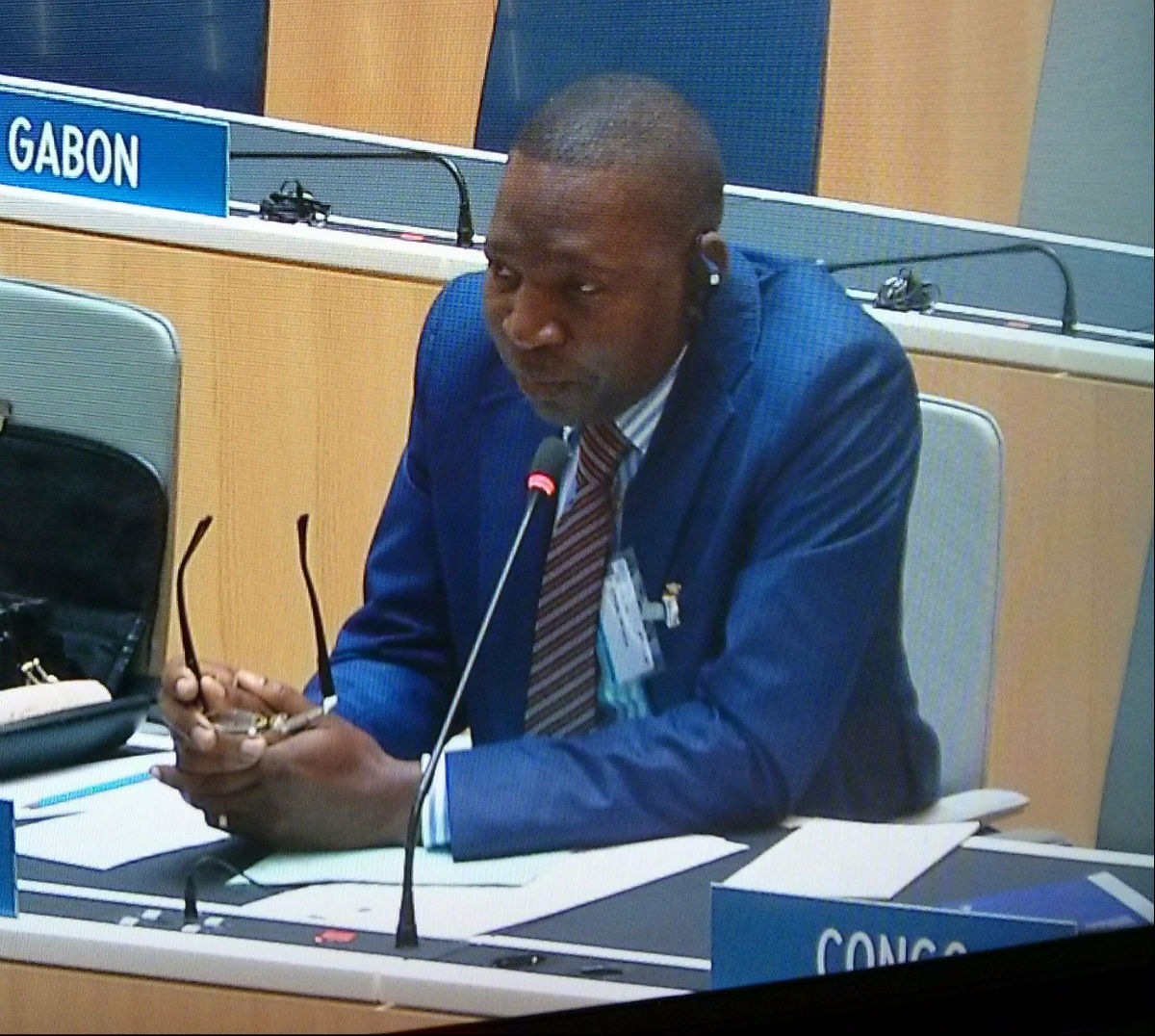SCCR 30: Resale right proposal on the table?
Today on the last day of the SCCR 30, under Agenda Item 9 “Other Matters” Congo-Brazzaville asked for the floor to propose that the WIPO Copyright and Related Right Committee start working on the Resale Right, a fundamental right for authors of graphic and plastic arts. This economical rights consists of a small percentage of the resale price that art market professionals pay to artists at each resale of their works be it in auction or in a gallery.

